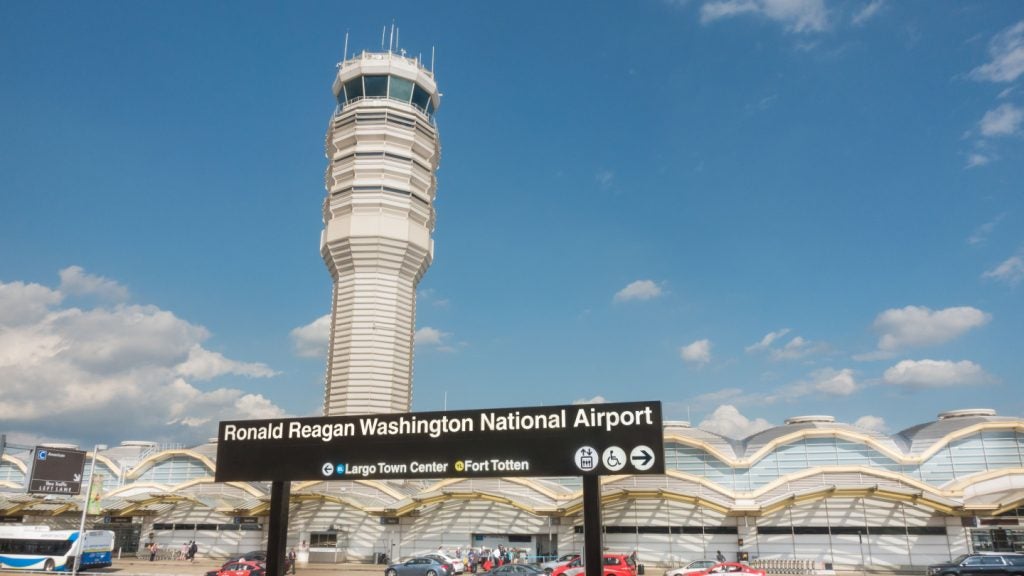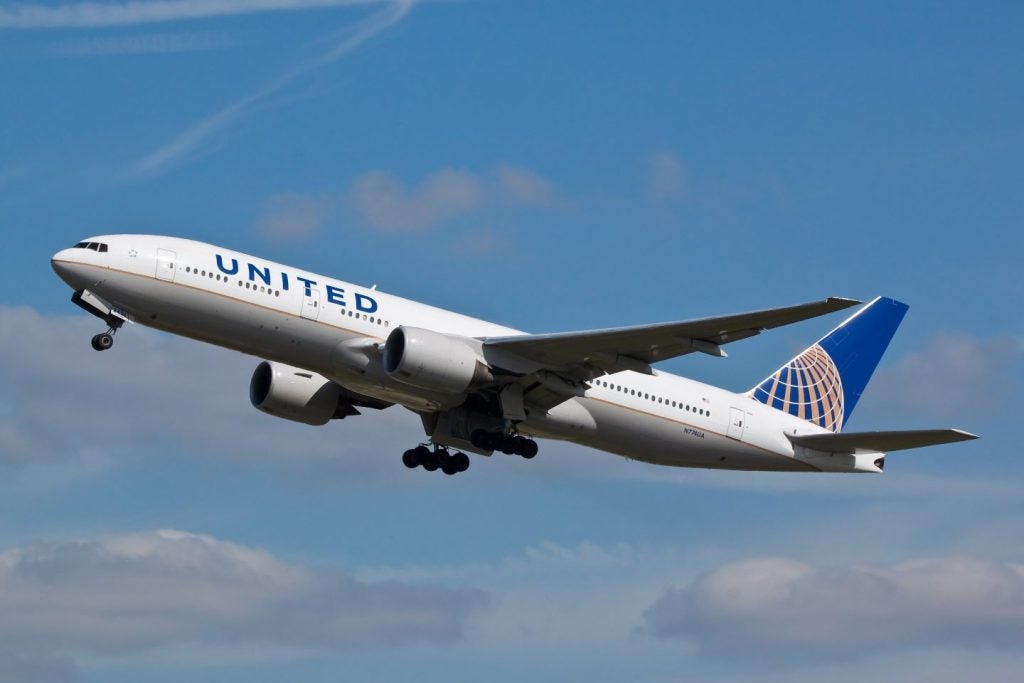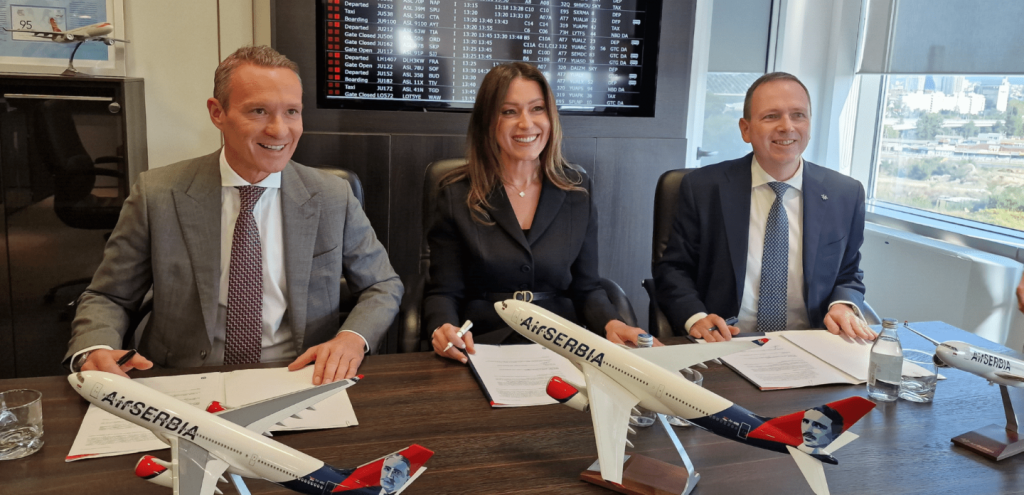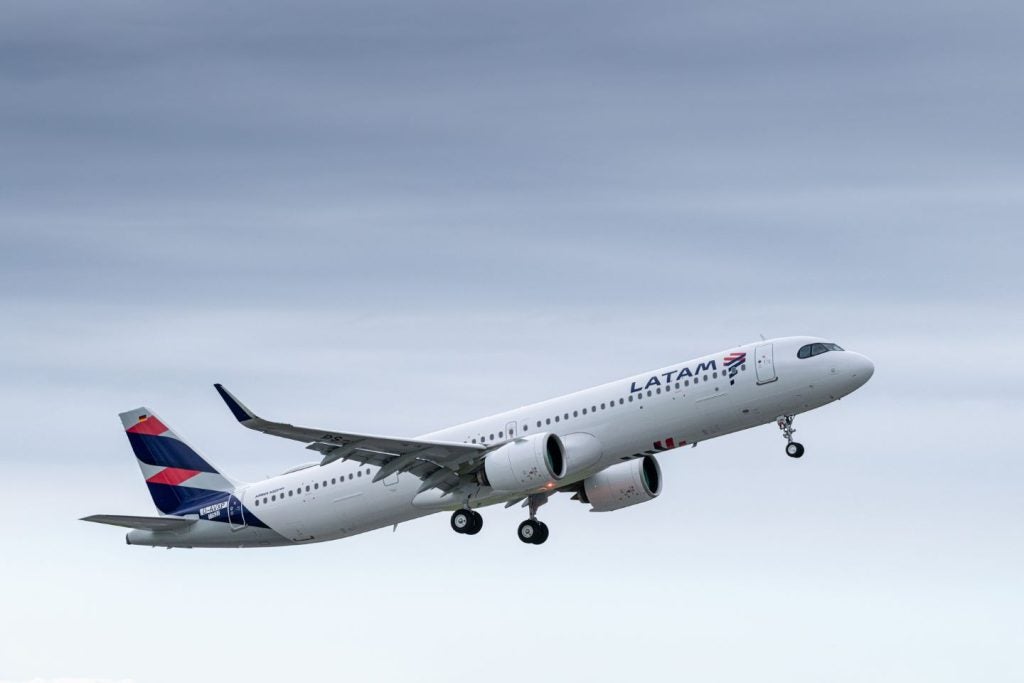Airport management software company Aerosimple has signed a contract with the Metropolitan Washington Airports Authority (MWAA) to deliver its Security Electronic Date Inspection System (SEDIS) at the US capital’s two airports.
The system will help the authority adhere to the security requirements implemented by the country’s Transportation Security Administration (TSA) and facilitate real-time tracking and monitoring of personnel, merchandise and vehicles.
Aerosimple CEO Vishu Rao said: “This contract with MWAA underscores Aerosimple's commitment to revolutionizing aviation security. Our SEDIS represents a significant leap forward in the industry, empowering third-party security companies to perform their duties with precision and confidence.
“We are proud to be at the forefront of ensuring the safety and security of airport premises under the TSA's new Aviation Screening program.”
The MWAA is the public corporate body responsible for the management of the Reagan National Airport and the Dulles International Airport which serve Washington D.C.
SEDIS includes comprehensive inspection questionnaires, customisable reporting and analytics, real-time data capture around potential security concerns, and improved processes for accountability.
The company also said that the “dynamic security tool” would allow inspectors to utilise a uniform step-by-step mobile inspection process that improves and speeds up security.
It said: “By streamlining and standardizing the security inspection process, Aerosimple's SEDIS solution will significantly enhance security protocols while maintaining operational efficiency.”
MWAA’s move to step up its security systems follows a number of other airports signing similar contracts and the TSA’s own moves such as a contract with Leidos to upgrade its advanced imaging technology and a $1.3bn order for CT scanners.
The MWAA has also been in the news recently over the proposed changes to Reagan National which would expand the number of slots available for flights to fly beyond its route perimeter limit, a move which the Coalition to Protect America’s Regional Airports said would harm connections between the capital and smaller regional airports.















